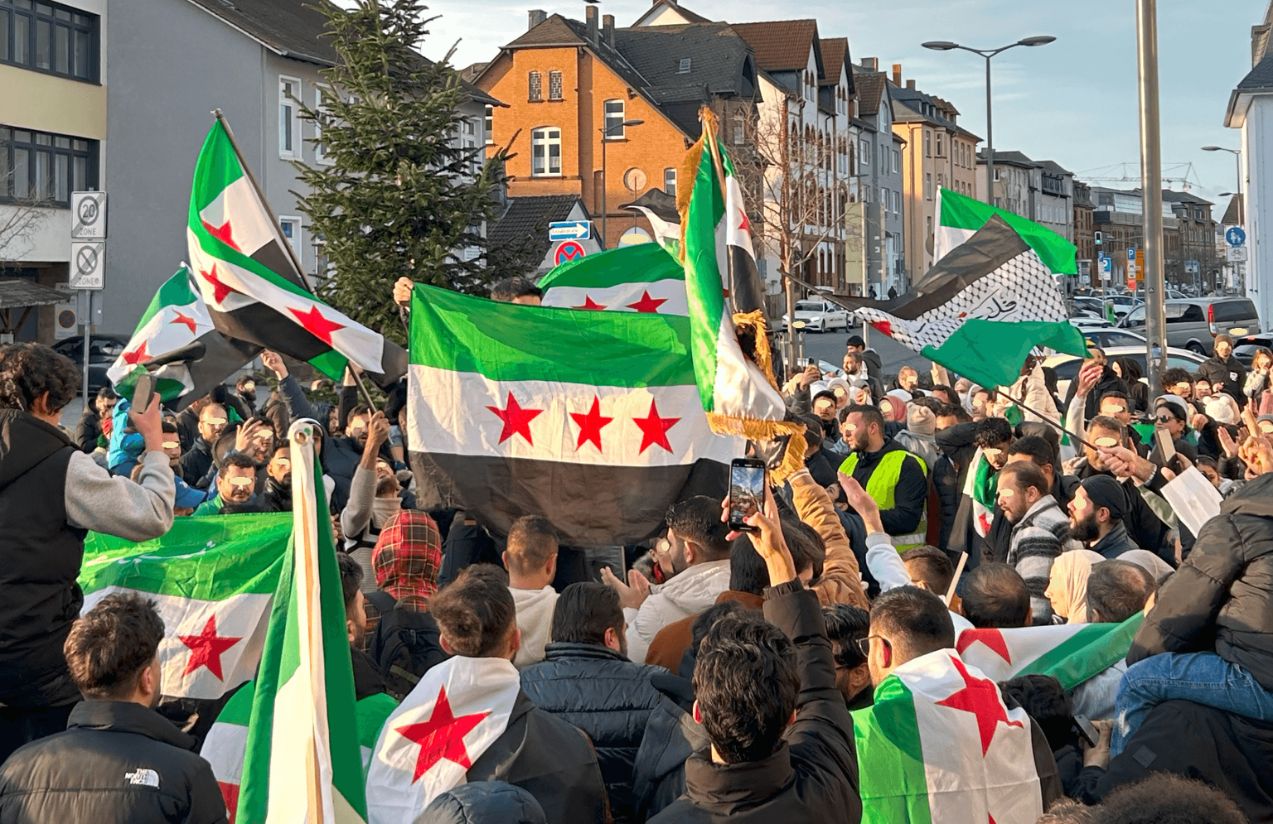A new wave of ethnic violence has erupted in southern Syria, specifically in the province of Sweida, where armed clashes have broken out between members of the Druze community and Bedouin groups. The conflict, which has left several dead and injured, highlights the fragility of the social fabric in a region that had largely remained on the sidelines of direct fighting during Syria’s civil war.
According to local reports and the AP, the violence was triggered by a dispute over stolen livestock. However, community leaders argue that the roots of the conflict run much deepe, fueled by years of interethnic tensions, poverty, insecurity, and neglect by the Syrian state.
The Druze, who have generally maintained a stance of neutrality toward the regime of Bashar al-Assad, and the Bedouins, some of whom have been linked to criminal networks or even to ISIS in the past, now find themselves in a spiral of violence that threatens to further destabilize the area.
Could this conflict escalate into a new local civil war?
It cannot be ruled out. Although community and religious leaders are trying to mediate, the absence of effective state institutions and years of accumulated resentment could lead to a prolonged escalation.
The region, already battered by economic decline and lack of justice, is at a critical point, as residents plead for peace and protection.

